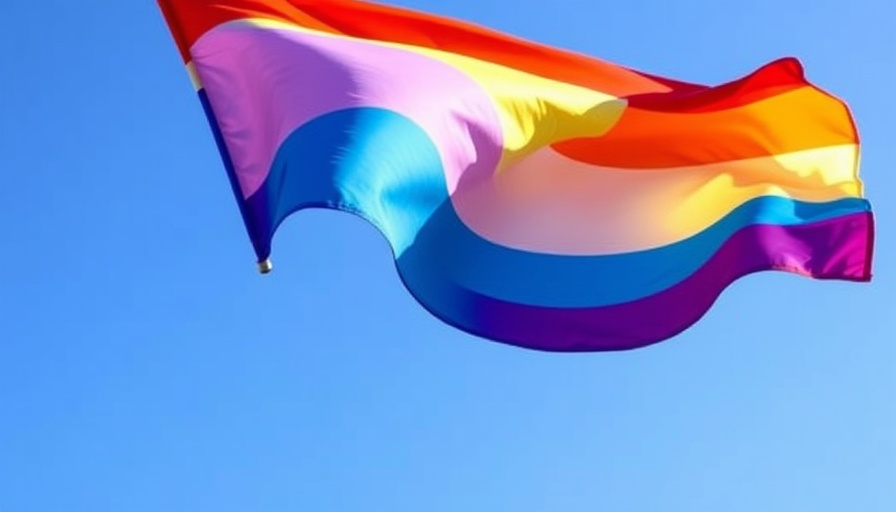
Trans Inclusion Sparks Community Dialogue at Santa Rosa Junior College
The ongoing controversy surrounding a transgender volleyball player at Santa Rosa Junior College (SRJC) has ignited passionate debates across the Bay Area, touching on issues of inclusion, rights, and community norms.
Defending Equality in Sports
As SRJC prepared for a key volleyball matchup against American River College, supporters rallied for the transgender player at the heart of protests. Activists displayed bold messages such as "Trans Rights are Human Rights," showing solidarity with the athlete who has become a focal point in the broader fight for transgender inclusion in sports. This incident is not isolated; it connects with similar narratives unfolding across California, where policies allowing transgender athletes to compete in female sports are under scrutiny. Similar Title IX lawsuits have emerged, highlighting this growing tension in the name of safeguarding women in sports.
Civil Rights and Comfort: A Delicate Balance
The clash between rights to compete and feelings of safety and fairness is palpable. The Title IX complaint filed by three former SRJC volleyball players claims discrimination based on inclusion practices. The players argue that they felt their rights were compromised, alleging that their coach benched them after they raised concerns regarding fairness in competition. On the other hand, many argue that the benefits of inclusion must be recognized. Advocates for LGBTQ+ rights stress the importance of promoting an inclusive environment that respects the dignity of all athletes, regardless of gender.
Voices From Both Sides of the Debate
Activism around SRJC's athletic environment has intensified. Opponents of the trans athlete's participation argue that they experience unfair competition, citing instances of physical harm and frustrating losses attributed to the inclusion policy. In contrast, the college emphasizes compliance with California Community College Athletic Association regulations, asserting their commitment to fostering an inclusive sports environment. This duality reveals a community grappling with competing values of inclusion and fairness, as well as individual rights and group dynamics.
Connecting the Dots: National Context
The controversy at SRJC mirrors national sentiments where the involvement of trans athletes in sports has polarized opinions. Just weeks prior, multiple legal challenges were lodged against various schools including one in Southern California, igniting discussions on inclusion policies. The layer of political discourse complicates personal experiences, as seen in concerns from athletes forced to balance their right to compete with feelings of exclusion based on biological differences.
Future Directions: What Lies Ahead?
As the debate regarding transgender athletes continues, the SRJC controversy poses critical questions about the future of women’s sports and the rights of all athletes to compete. The outcome could shape future policies and norms within academic and professional sports domains. Community engagement remains essential in these discussions, making it possible to explore solutions that respect everyone’s rights.
A Call for Understanding
In light of these unfolding events, it’s crucial for conversations surrounding trans rights in sports to be civil and empathetic. Schools like SRJC are at a crossroads, and how they navigate these issues could influence policies nationwide. Sweetening these challenging discussions with kindness and understanding may pave the way toward a brighter, more inclusive future for all athletes.
In conclusion, the dialogue around trans participation in sports has fostered a vital conversation on rights, fairness, and community integrity. It calls to action all community members to engage in meaningful conversations and advocate for inclusivity in every aspect of life. Let us gather around our local sports, celebrating humanity and recognizing the diverse narratives that each individual brings to the field.
 Add Row
Add Row  Add
Add 



Write A Comment